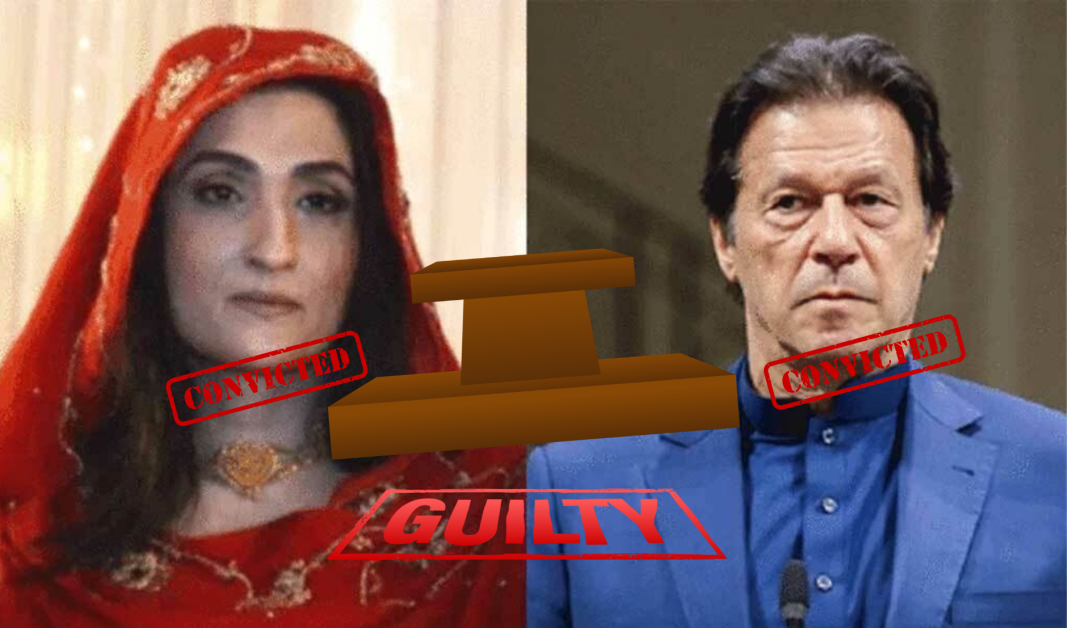ISLAMABAD: The Pakistan Tehreek-e-Insaf (PTI) announced on Friday its decision to file an appeal in superior courts against the conviction of party founder Imran Khan and his wife, Bushra Bibi, in the £190 million Al-Qadir Trust case.
Speaking to the media, Omar Ayub, Leader of the Opposition in the National Assembly, described the verdict as a “Black Day” for justice, vowing to pursue all legal remedies. Shibli Faraz, Leader of the Opposition in the Senate, expressed confidence that higher courts would overturn the “baseless” conviction, stating that no damage had been done to the national exchequer and no personal gains were made by Khan or his wife.
Legal Strategy
PTI Information Secretary Sheikh Waqas Akram confirmed plans to challenge the verdict in the Islamabad High Court, labeling the case as “flawed” and unsuitable for conviction. He stressed the need for acquittal, arguing that the prosecution failed to present credible evidence of corruption.
Lawyer’s Criticism of NAB and Judge
Faisal Chaudhry, Khan’s legal counsel, accused the National Accountability Bureau (NAB) of political manipulation and conducting a deficient investigation. He claimed the prosecution failed to prove financial corruption or money laundering, emphasizing that no valid case was presented in either the UK or Pakistan.
Chaudhry also attacked Accountability Court Judge Nasir Javed Rana, calling into question his integrity and fitness for judicial office, citing previous Supreme Court reservations about his appointment.
Background
The case centers around the transfer of £190 million from the UK’s National Crime Agency (NCA) to Pakistan in 2019, during Imran Khan’s tenure as prime minister. The funds, linked to a property tycoon, were allegedly diverted improperly, leading to charges of corrupt practices.
Imran and Bushra were handed sentences of 14 and 7 years, respectively, along with fines. The court ordered Al-Qadir Trust University to be taken over by the federal government.
With PTI signaling an aggressive legal defense, the case is poised to move to higher courts, where the political and legal drama surrounding it will likely continue.



